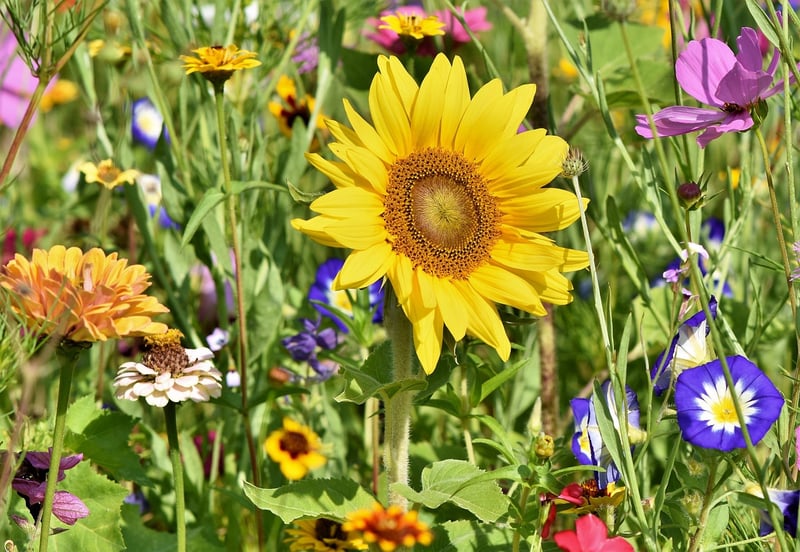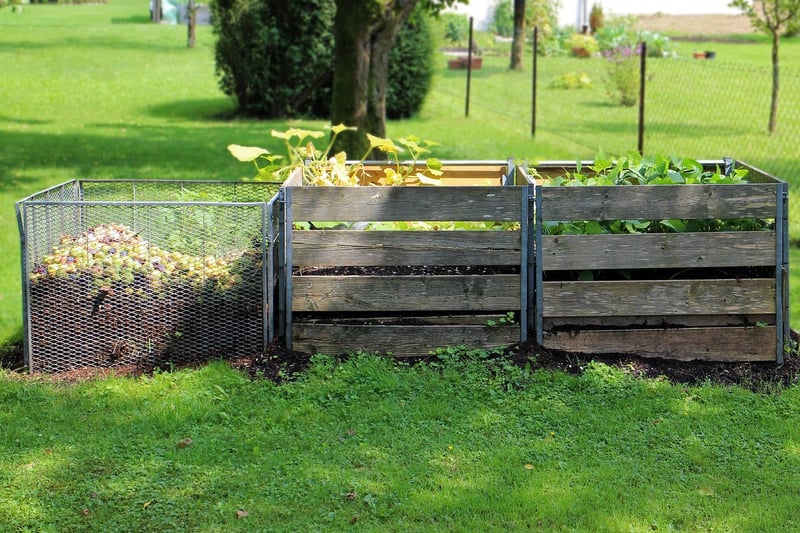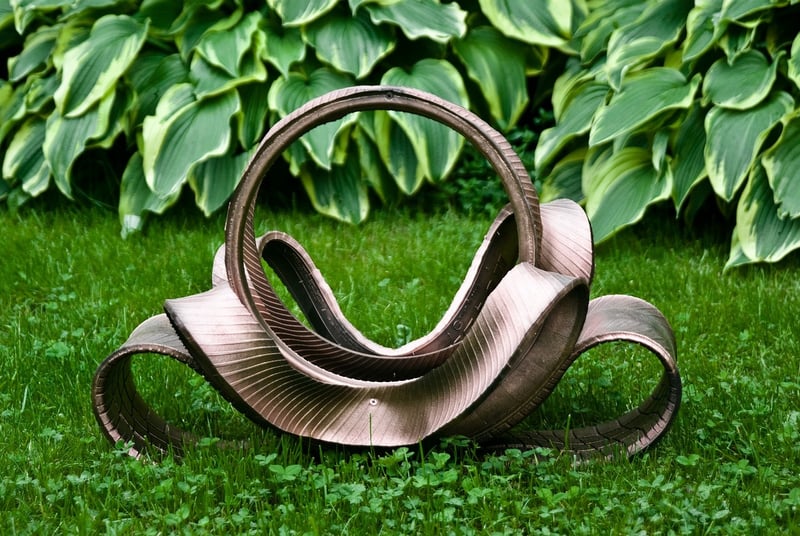Upcycled Garden Ornaments
Eco-friendly Projects for Your Garden
Introduction
Welcome to our guide on eco-friendly projects for your garden. In this article, we'll explore creative and sustainable ways to enhance your outdoor space while reducing your environmental impact. From upcycled garden ornaments to DIY planters, there are plenty of green solutions to choose from.
1. Upcycled Garden Ornaments
Upcycling is a fantastic way to breathe new life into old items and reduce waste. Consider turning unused household objects into unique garden ornaments. For example, you can transform old teacups into charming bird feeders or repurpose broken ceramics into mosaic stepping stones.

2. DIY Rainwater Harvesting System
Save water and reduce your utility bills by installing a DIY rainwater harvesting system in your garden. Simply collect rainwater from your roof in a barrel or tank and use it to water your plants. This eco-friendly practice conserves water and reduces runoff pollution.

3. Vertical Garden from Recycled Materials
Create a vertical garden using recycled materials such as old pallets, crates, or even plastic bottles. Vertical gardens not only maximize space but also improve air quality and provide insulation. Get creative with your plant choices and design to make a unique eco-friendly statement.

4. Composting Station
Set up a composting station in your garden to recycle organic waste into nutrient-rich compost for your plants. Use kitchen scraps, yard waste, and paper products to create a sustainable soil amendment that enriches your garden's health and reduces landfill waste.

Conclusion
By incorporating these eco-friendly projects into your garden, you can create a sustainable and beautiful outdoor space that benefits both the environment and your well-being. Get started today and watch your garden thrive while reducing your ecological footprint.
Remember, small changes can make a big difference!
